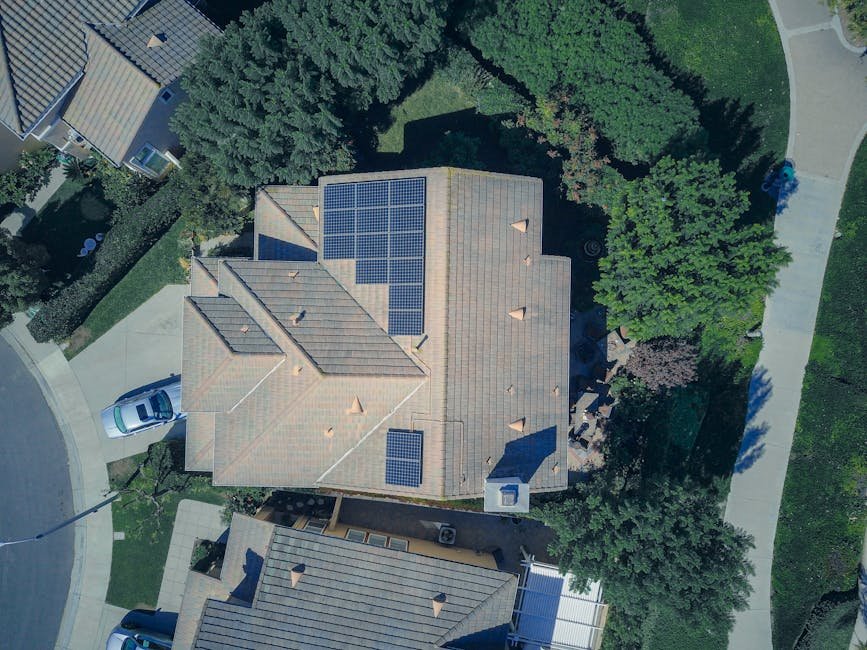Key Takeaways
- Generators and inverters represent distinct geopolitical concepts related to territorial governance and boundary administration.
- Generators typically refer to established state entities or administrative zones with recognized sovereignty or jurisdiction.
- Inverters denote contested or transitional territories where jurisdictional authority is ambiguous or actively disputed.
- The governance mechanisms and legal frameworks governing generators and inverters differ significantly, affecting local populations and international relations.
- Understanding the nuances between these terms is crucial for analyzing complex border disputes and regional stability issues worldwide.
What is Generator?

A generator in the context of geopolitical boundaries refers to a clearly defined territorial entity governed by a recognized authority. It often signifies a stable administrative or sovereign region with established legal and political structures.
Established Sovereignty and Governance
Generators are typically characterized by stable governance systems that enforce laws and policies within their boundaries. For example, a generator could be a nation-state with internationally recognized borders and a functioning government apparatus.
Such territories maintain administrative control over resources, security, and civil affairs, ensuring continuity and predictability for their inhabitants. This stability often facilitates effective international diplomacy and trade relations under recognized jurisdiction.
Legal Recognition and International Status
Generators usually enjoy clear recognition under international law, which legitimizes their territorial claims and governance. This recognition allows them to participate in treaties, alliances, and global institutions as sovereign entities.
For instance, the United Nations acknowledges generators by granting membership and facilitating diplomatic engagement. This status reinforces their authority and helps resolve disputes through legal mechanisms.
Impact on Local Populations
Residents within generators often experience consistent access to public services and legal protections afforded by their government. The legitimized control promotes economic development, social order, and infrastructure investment.
However, generators may also face internal challenges such as ethnic minorities or regional demands for autonomy, which can test the cohesion of their governance. Effective administration within these entities is critical for maintaining long-term territorial integrity.
Examples in Modern Geopolitics
Countries like France, Japan, and Brazil serve as clear examples of generators where state sovereignty is uncontested. Their borders are internationally acknowledged, and governance structures are firmly established.
Similarly, administrative provinces or states within federal countries, when functioning under unified national authority, can be considered sub-national generators with delegated powers. These examples highlight the layered nature of territorial governance.
What is Inverter?

Inverters in geopolitical terms refer to regions or territories where sovereignty is ambiguous, contested, or subject to fluctuating control. These areas often emerge from historical disputes, conflicts, or transitional governance arrangements.
Ambiguity in Jurisdiction and Control
Inverters are marked by unclear or overlapping claims from different states or groups, creating legal and political uncertainty. For example, the status of Kashmir involves multiple claims that complicate governance and border demarcation.
This ambiguity can lead to competing administrations, where different authorities exercise partial control over the same territory. The resultant instability often affects the daily lives of local inhabitants, complicating access to services and security.
Role in Regional Conflicts and Diplomacy
Inverters are frequently focal points in regional tensions, with their status influencing broader geopolitical dynamics. Negotiations over such territories may involve international mediators, ceasefire agreements, or peacekeeping missions.
For instance, the Golan Heights remains a strategic inverter, with its control contested between Israel and Syria, impacting Middle Eastern geopolitics. These disputes often hinder comprehensive peace and can escalate into broader conflicts.
Governance Models in Contested Areas
Inverters may experience temporary or hybrid governance structures, including autonomous administrations, military occupations, or transitional authorities. These arrangements aim to manage territorial claims while seeking long-term resolution.
Such governance often lacks full legitimacy or recognition, resulting in fragmented law enforcement and fluctuating public service delivery. This situation can exacerbate humanitarian challenges and complicate international engagement.
Examples of Inverters in Contemporary Geography
Regions like Western Sahara, Transnistria, and Northern Cyprus exemplify inverters with disputed sovereignty and contested borders. These areas exist in political limbo, with varying degrees of de facto autonomy but limited international acceptance.
Additionally, frontier zones in partially recognized or unrecognized states often fall under inverter classification due to their unresolved territorial status. These examples illustrate the complexities of modern boundary disputes and international law.
Comparison Table
The following table highlights critical differences and attributes that define generators and inverters in geopolitical contexts.
| Parameter of Comparison | Generator | Inverter |
|---|---|---|
| Nature of Territorial Control | Stable and recognized governance with clear sovereignty | Unstable, with contested or shared authority |
| International Legal Status | Widely acknowledged under international law | Disputed or lacking formal recognition |
| Administrative Infrastructure | Established institutions and public service systems | Fragmented or provisional administrative arrangements |
| Impact on Security | Generally secure environment with law enforcement | High risk of conflict and lawlessness |
| Economic Stability | Predictable economic activity and investment | Economic uncertainty and limited outside investment |
| Recognition by Global Organizations | Active membership and participation | Exclusion or observer status only |
| Effect on Local Populations | Access to consistent social services and protections | Frequent disruptions in services and governance |
| Role in Diplomatic Relations | Clear partner in international negotiations | Source of diplomatic tension and mediation efforts |
| Longevity and Permanence | Long-standing territorial entity | Often temporary or transitional status |
| Examples | France, Japan, Brazil | Western Sahara, Transnistria, Northern Cyprus |
Key Differences
- Degree of Sovereignty — Generators possess fully established sovereignty, whereas inverters operate under uncertain or disputed control.
- Legal Recognition — Generators benefit from widespread international legal acknowledgment, unlike inverters which often lack such legitimacy.
- Governance Stability — Generators maintain consistent administrative systems, while inverters experience fragmented or transitional governance.
- Security Environment — Generators generally provide a secure environment for their inhabitants, whereas inverters are prone to conflict and instability.
- International Engagement — Generators engage openly in global diplomacy, contrasting with inverters whose ambiguous status complicates international relations.
FAQs
How do generators and inverters affect border demarcation processes?
Generators usually have defined and agreed-upon boundaries that facilitate clear border demarcation. In contrast, inverters complicate these processes due to overlapping claims and the absence of universally accepted borders.
Can an inverter transition into a generator over time?
Yes, inverters can evolve